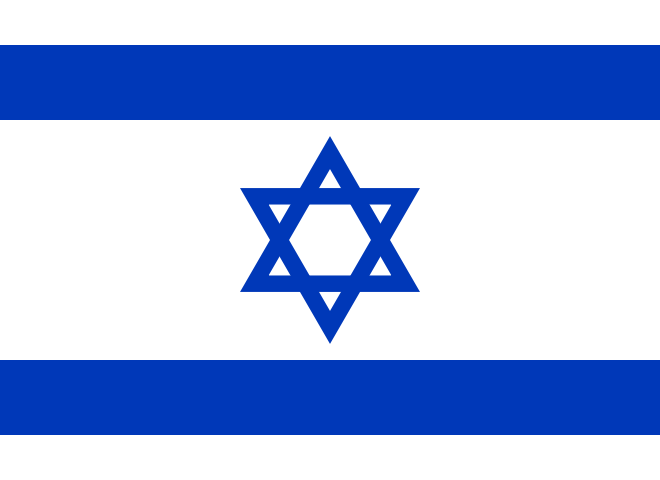Israel, a small country in the Middle East, is steeped in history and religious significance. Known as the birthplace of Judaism and Christianity, it’s home to sacred sites like Jerusalem’s Western Wall, Bethlehem, and Nazareth. Israel’s unique blend of ancient history and modern culture, diverse landscapes from the Negev desert to the Mediterranean beaches, and technological innovation make it a fascinating destination for history enthusiasts, pilgrims, and travellers.
List of Public and National Holidays in Israel for the year 2024
- Passover: Tuesday, 23 April 2024
- Seventh day of Passover: Monday, 29 April 2024
- Independence Day: Tuesday, 14 May 2024
- Feast of Shavuot: Wednesday, 12 June 2024
- Rosh Hashanah: Thursday, 3 October 2024, to Friday, 4 October 2024
- Yom Kippur: Saturday, 12 October 2024
- First Day of Sukkot: Thursday, 17 October 2024
- Simchat Torah: Thursday, 24 October 2024

Israel: A Land of Historical Significance and Modern Innovation
Introduction
Israel, a country at the crossroads of continents and civilizations, is a blend of ancient history and rapid modern development. With deep historical roots and a dynamic contemporary society, Israel presents a unique juxtaposition of the past and the future.
Historical Background
he land of Israel holds a profound place in history, particularly for the Jewish people. It has been the center of significant biblical events, ancient empires, and was the birthplace of Judaism and Christianity. The modern State of Israel was established in 1948, following centuries of Jewish diaspora and decades of Zionist movement, leading to complex and ongoing conflicts in the region.
Geography and Climate
Located in the Middle East, Israel borders Lebanon, Syria, Jordan, Egypt, and the Mediterranean Sea. Its geography varies from the Negev Desert in the south to the fertile Galilee in the north, with the Dead Sea, the lowest point on Earth’s surface, to the east. The climate ranges from Mediterranean to desert conditions.
Cultural Mosaic
Reflecting the many Jewish communities from around the world, as well as Arab, Druze and other minority cultures, Israel’s culture is a diverse tapestry. Hebrew and Arabic are the official languages. Israel’s society is known for its vibrant arts scene, including music, dance, and cinema, and its rich culinary diversity.
Economic Dynamics
Israel’s economy is notable for its high-tech and startup ecosystem, earning the moniker “Startup Nation.” It has a strong industrial and agricultural base, despite limited natural resources, and is a leader in areas like water conservation and renewable energy.
Political Landscape
Israel is a parliamentary democracy with a president as the head of state and a prime minister as the head of government. Its political scene is dynamic, often characterized by coalition governments. The Israeli-Palestinian conflict remains a central and complex issue in its politics.
Society and Demographics
Israeli society is a melting pot of cultures and traditions, with a significant emphasis on family and community life. The country faces social challenges, including religious-secular divisions and integration of various immigrant groups.
Innovation and Technology
A global leader in research and development, Israel excels in fields such as cybersecurity, medical sciences, and agricultural technology. Its technological advancements significantly contribute to the global tech industry.
Arts, Literature, and Heritage
Israel’s literature and arts reflect its diverse cultural heritage, with influences from the Middle East, Europe, and beyond. The country is home to numerous museums, historical sites, and is known for its contributions to literature, theater, and visual arts.
Global Role and Relations
Israel maintains a significant role in global affairs, particularly in areas of technology, defense, and international trade. Its foreign relations are influenced by its geopolitical position and the Israeli-Palestinian conflict.
